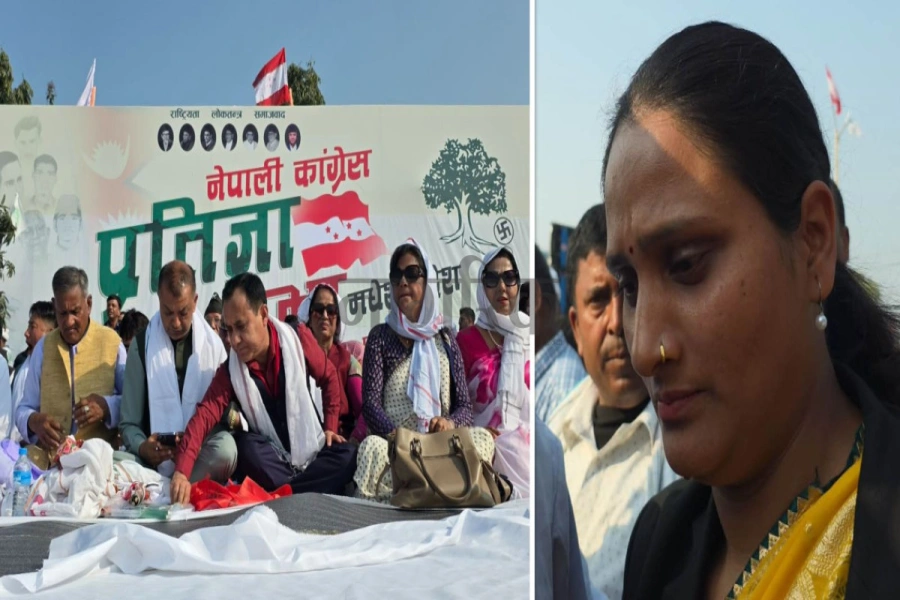Issuing its final verdict on a writ petition filed by Senior Advocate Shambhu Thapa against the CIAA-directed raid of his law firm in September, 2013, a division bench of Chief Justice Kalyan Shrestha and Justice Sushila Karki on Monday asked the anti-graft body to limit itself to the jurisdiction laid out by existing laws. The apex court also directed Chief Commissioner Karki, personally, not to do anything to undermine an individual's professional rights, dignity and right to secrecy without first conducting basic background investigations. The court ruled that the raid on Thapa's law firm was conducted in haste. We don't know the nitty-gritty of the CIAA's case of 'tax evasion' against Thapa, but as the apex court has now pointed out, there seems to have been no background study to establish Thapa's guilt. This made it seem like the raid was conducted out of personal vendetta. There are grounds to believe that the CIAA's more recent action against top politicians and bureaucrats are also politically motivated: while those close to CPN-UML have been implicated in corruption, none of the people close to Nepali Congress or to any of the Madhesh-based parties, not even those widely suspected of abusing their power while in government, have been touched.
We hope the Supreme Court's latest verdict makes the constitutional anti-graft body and its chief rethink their modus operandi. If government officials are suspected of abusing their powers, the CIAA, as mandated by law, should quietly conduct background investigations and build up a solid legal case. Only then should it engage in preemptive raids and detentions. The commission does not have the right to malign public office holders without strong proof of their wrongdoing. Emboldened by the Supreme Court decision, others who have been maligned by the CIAA might now also seek redress through the apex court. This could be a slippery slope for the anti-corruption watchdog. It should mend its errant ways when it still has the time—and a semblance of credibility with the people.
Black Veil Brides to re-record debut album ‘We Stitch These Wou...




































